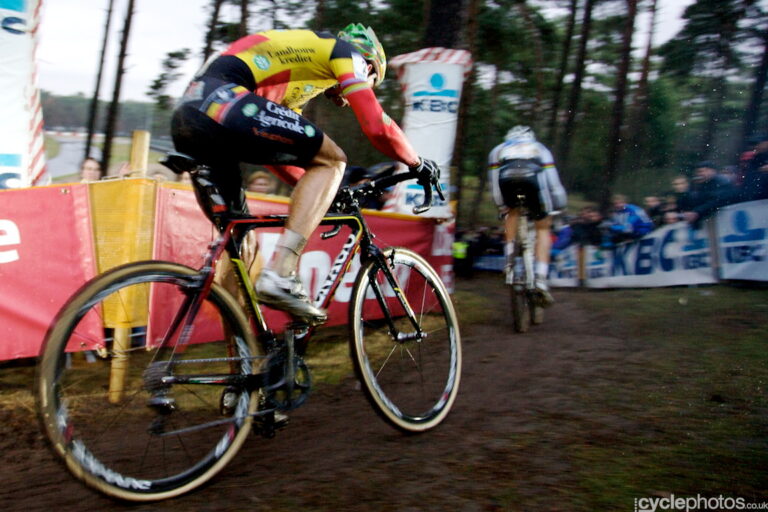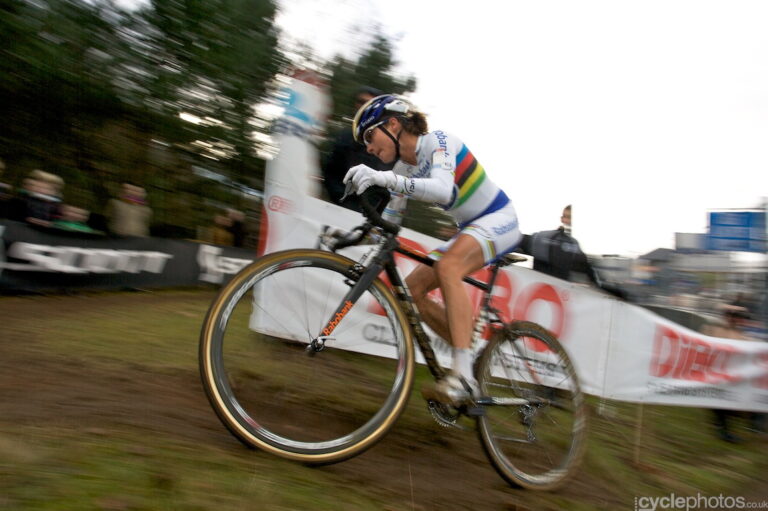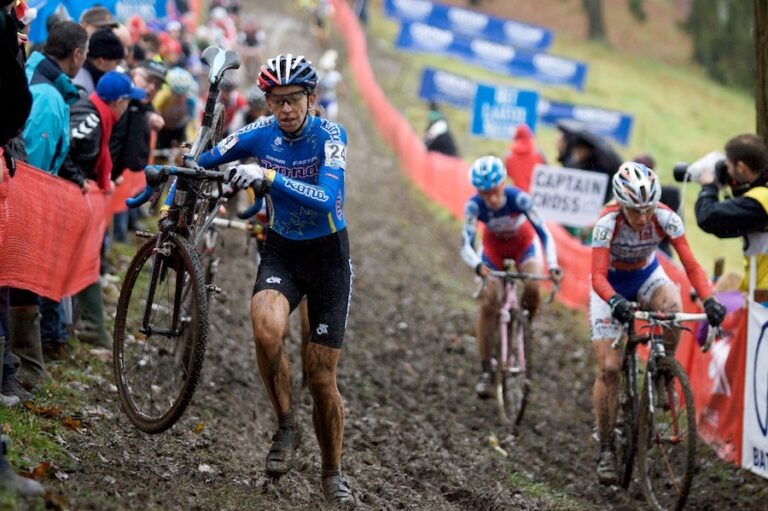Bradley Wiggins laid the foundations for his Tour de France and London 2012 success on Majorca – and professional riders flock to the island every winter and spring.
The Mediterranean island is a cycling Mecca, owing to its combination of warm sunshine, varied terrain and smooth, quiet roads. It’s also long been the destination of choice for amateur racers on high-mileage training camps.
But a growing market of new cyclists whose goals are on the sportive calendar has seen a different type of training camp evolve – and I joined Wheels in Wheels, who have been running cycling camps for more than ten years, for three days earlier this year to find out more.
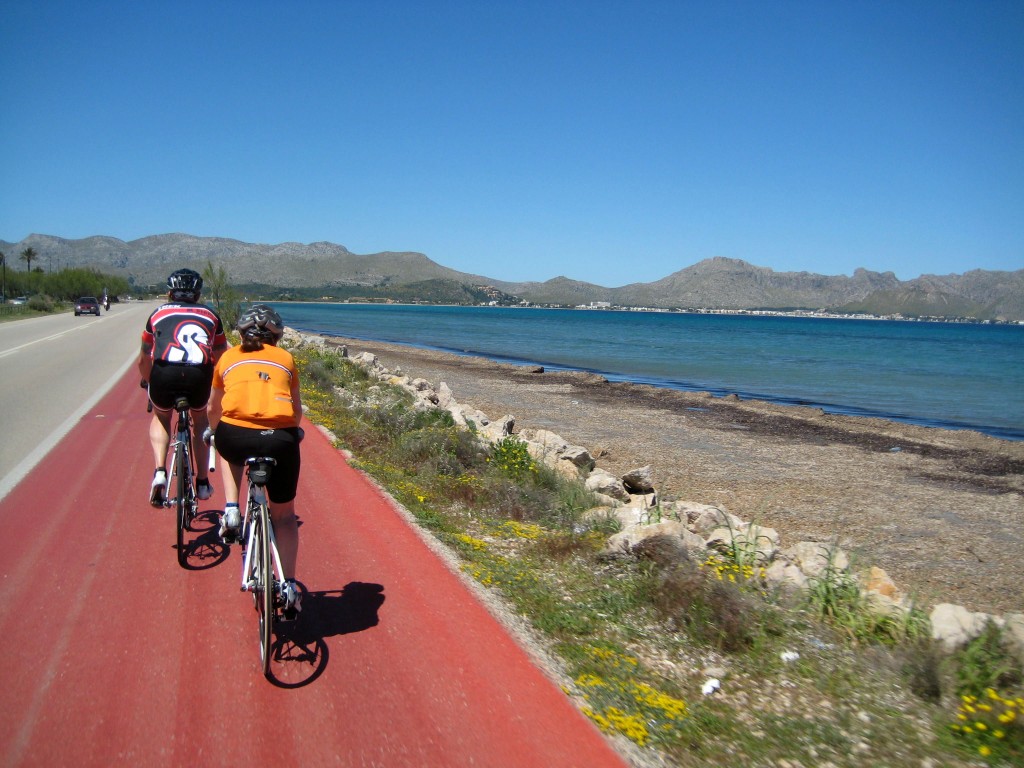
“We’ve dropped training from the title of our camps and now call them ride weeks,” says Wheels in Wheels chief Graham Temple. “The racing boys who want to do hard and fast miles normally come out in February or early March, while our weeks are a little later in the year, when the weather is warmer.
“Our weeks are for newer cyclists, those who perhaps haven’t come through the old-school club system, and who want to enjoy a ride at a speed they want to ride at, on routes they wouldn’t have found themselves.”
Knowledge is a key part of the Wheels in Wheels experience and Temple aims to have riders end the week as more skilled cyclists than when they arrived. Riders are given tips on how to descend and ride in a group, a nutrition seminar is organised, and, if available, a local pro will come and talk to the group.
And for 2013 customers can book a track session with coaching at Palma’s velodrome as an optional extra on the week’s rest day.
The open road is Majorca’s biggest selling point though – and there are few better places to ride a bike.
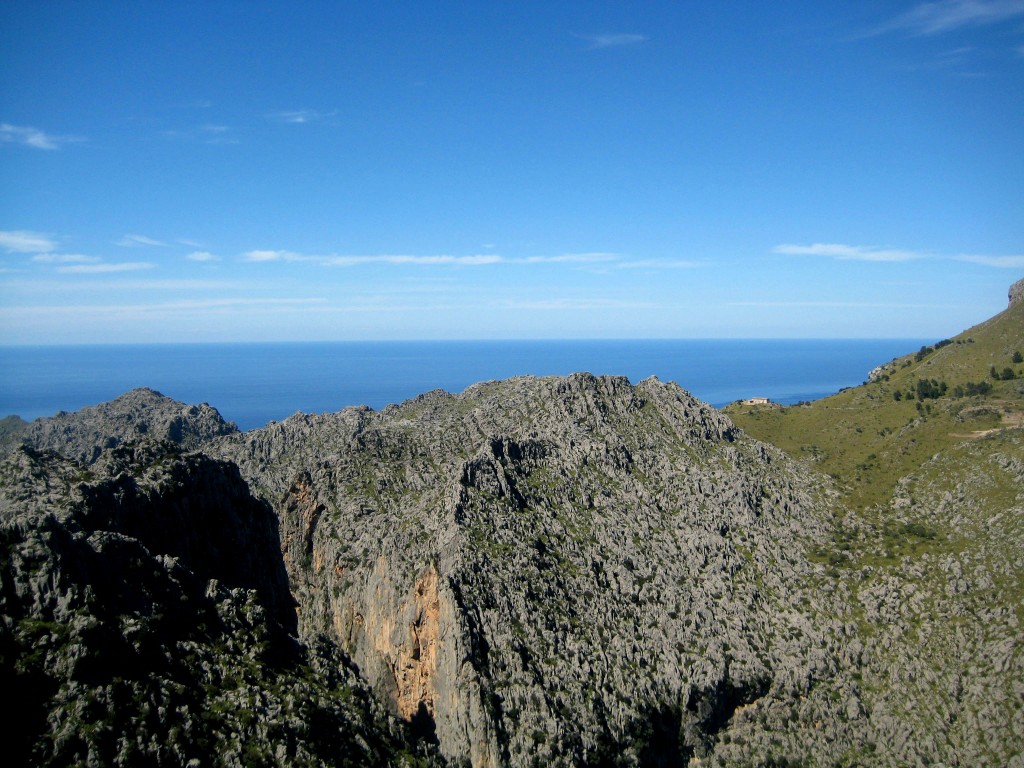
The fact that Temple’s camps are designed for sportive riders, rather than died-in-the-wool racers chasing British Cycling points, is reflected in the relaxed atmosphere, with a lower average speed and no pressure to complete every ride – but a varied itinerary still sees riders complete in the region of 400 miles come the end of the week.
“It’s not a walk in the park by any means, but we provide a programme which most regular cyclists will thrive on. Riders leave us tuned up, ready to go into the sportive season, or tackle their target for the year,” says Temple.
Every ride is guided and has full mechanical and nutritional back-up. Wheels in Wheels have teamed up with Majorca Cycling Tours ahead of the 2013 season and a number of groups will head out each morning depending on ability.
Wheels in Wheels ride weeks are normally just that, a week long, but riders can also pitch up for three or nine nights.
Many of the riders in the eight-strong group I joined are return customers. I arrive dat the excellent Duva Aparthotel, a base for thousands of cyclists throughout the spring, on the group’s rest day and many were nursing hangovers having enjoying the festivities at Tolos, one of Port de Pollenca’s bars, the night before.
“Our groups are more social than traditional training camps,” says Temple. “Sometimes people want to bring their other halves and families, so we arrange to leave at 9.30am and be back at 2.30pm so the rest of the day is free.
“We also have guys who come out and do 80 miles hammer and tongs, then drink six pints at night. They’re wrecked by end of week but they’ve had a ball and we don’t preach.”
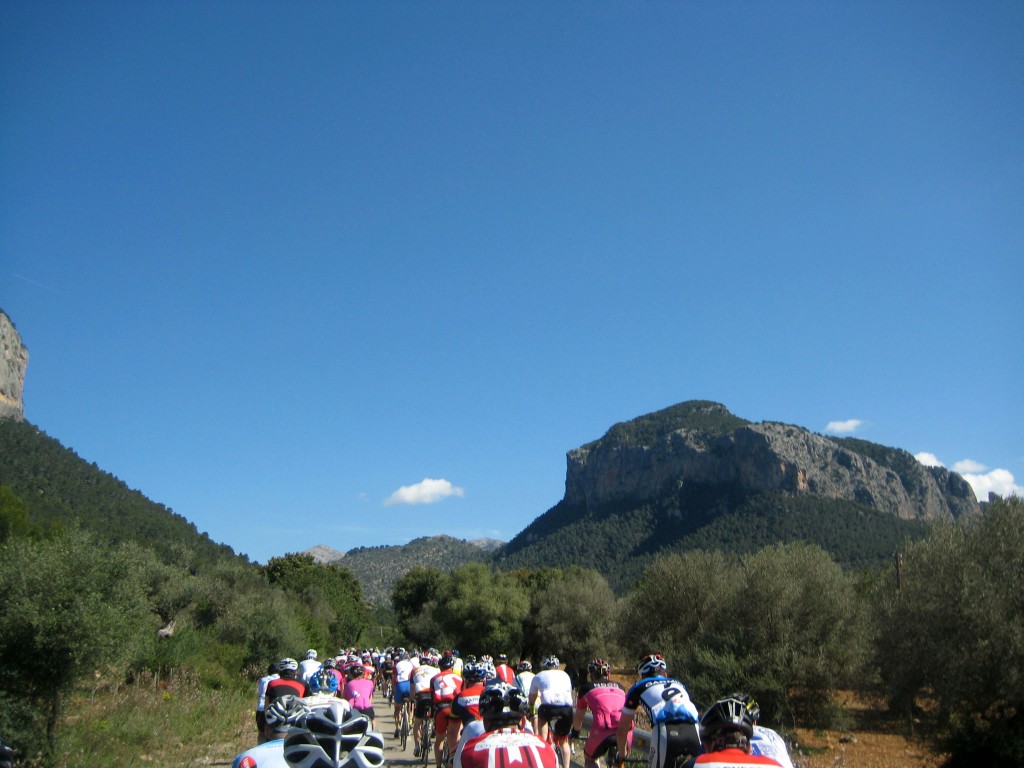
It’s little surprise that many of the peloton’s WorldTour teams choose Majorca as their winter base – the island’s terrain is the perfect training ground.
Port de Pollenca sits on the northern tip of Majorca, from where thousands of kilometres of Tarmac unravel: head along the coast for a fast blast, ride into the centre of the island for leg-sapping rolling roads or venture into the mountains for a day of switchback roads and climbs rising to close to 1,000m.
After a long, hard winter, a few days riding under warm sunshine in Majorca not only provides the opportunity to get in some much-needed miles, it also soothes the cycling soul, repressed and pent up with frustration after months of cold, wet rides.
“The weather in Majorca is perfect,” says Temple – and I can vouch for that having enjoyed blue skies and temperatures in the mid-20s during my visit in mid-April. “The local people enjoy having us over there, it’s a cycling friendly atmosphere right across island, cyclists are very rarely blasted by a car driver, and the local government and tourist board are investing in cycling infrastructure all the time.”
Wheels in Wheels run a succession of ride weeks from early March to late April. They’re also long-time organisers of the Duva International Sportive and my visit coincided with the 2012 event. The sportive is usually run over two days in April but has been reduced to one day for 2013, owing to a congested schedule of sports events on the island which has put a strain on police resources.

The sportive is traditionally split into a mountainous 85-mile ride which takes in three of the island’s best climbs, and a faster 60-mile jaunt on the rolling roads of Majorca’s interior which has been sacrificed next year but which will return when the Duva become a two-day event again in 2014.
Most Spanish sportives, including the Duva, enforce a rolling road closure so the already quiet roads of Majorca are exclusively yours to enjoy. The pace is set by a lead car to ensure the bunch stays together and so the police outriders can effectively shut off the route.
An average of approximately 16mph means some riders are chomping at the bit behind the lead car but, once you get to the climbs, the car peels off and it’s every man for himself.
While many UK riders treat sportives as races, the Spain equivalent are social affairs, and Temple correctly describes the Duva as a “very well organised club ride”. Enjoy the scenery, move around the bunch and chat to fellow riders and, when you get to one of the island’s many climbs, let loose and test yourself.
For the riders in my group the sportive marked the end of the week and an opportunity to test new-found form after many enjoyable hours in the saddle and having got hundreds of miles in the legs.


